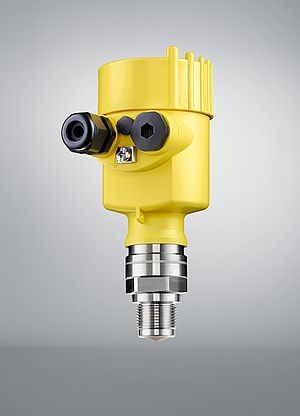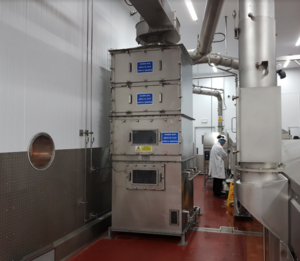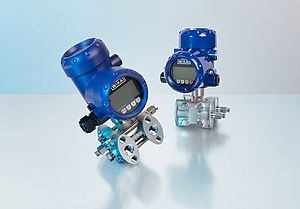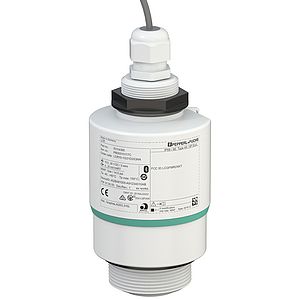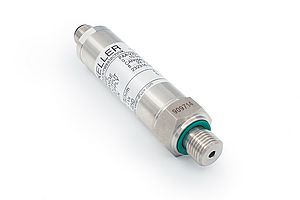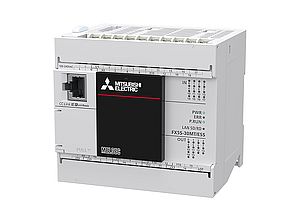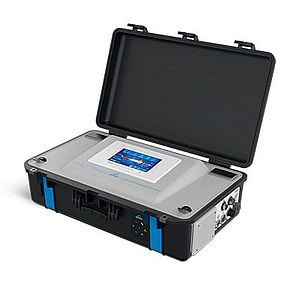Yokogawa Electric Corporation announces that its subsidiary Yokogawa South Africa (Pty.) Ltd. has received a contract from Eskom, a South African public power utility, to supply control systems and instrumentation for the outside plant and water treatment plant at Tutuka Power Station. While Eskom has purchased more than 3000 pressure/differential-pressure transmitters from Yokogawa to date, this is their first control systems order with the company. Tutuka Power Station is located approximately 200 km south-east of Johannesburg, near the town of Standerton, and began commercial operation in 1985. With six 609 MW units that have a combined generating capacity of 3654 MW, it is one of the largest coal-fired power plants in South Africa. This contract is for a large-scale project to replace aging transmitters and other field instruments as well as the aforementioned supply of control systems for the auxiliary facilities that are used by all the generating units. Project completion is scheduled for June 2013. For this project, Yokogawa will supply CENTUM(R) VP series integrated production control systems, the PRM(R) integrated device management package for monitoring and diagnosis of plant equipment, Exaquantum(R) plant information management systems, and DPharp(TM) series pressure/differential-pressure transmitters. Yokogawa South Africa will undertake this project wholly, including delivery, engineering, installation, commissioning and handing over to Eskom the fully functional plant. Yokogawa was able to win this order as a result of high acclaim for the Yokogawa pressure/differential-pressure transmitters already delivered to Eskom and Yokogawa South Africa's excellent engineering and process knowledge capability and customer-centric services. At the contract signing ceremony, Ryno Lacock, Tutuka Power Station Manager, said: “We are looking forward to improved plant operational efficiency with the latest control technology and technical support from Yokogawa.” In South Africa, the continuous development of the industrial sector is quickening the pace of foreign trade and industrial activity, and the increase in demand for electricity is outstripping supply. Construction and renewal of power facilities to overcome the electricity shortage are in progress under a plan to increase the nation's electricity capacity to 90 GW, which is double today's capacity, by 2030.



























